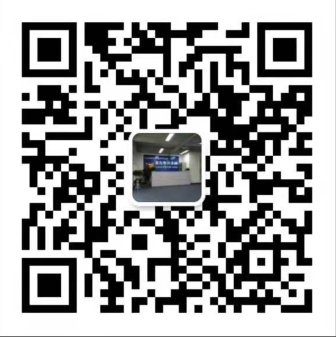容易混淆的词
hard(努力,副词)-hardly (几乎不,副词)
close(接近,形容词)-closely(接近,副词)
near(接近,形容词)-nearly (几乎,副词),nearby(adj.邻近的)
most(大多数的,形容词)-mostly(主要地,大部分 副词)
late(迟、晚,形容词)-lately (最近,副词),later(adv.稍后的)
high(高的,形容词)-highly (adv. 非常,大大的)
另外:friendly(友好的),lovely(可爱的、有趣的),尽管词尾有ly,但是都是形容词作主语:不定式短语可作主语如:To see is to believe. (百闻不如一见)
To work hard should be your major concern.
注意:由于英文不习惯句子主语过长,不定式主语常被形式主语it所代替
例如上面第二句可以变为:It should be your major concern to work hard.
又如:It is very nice of you to help me.
不定式常接在名词之后作定语,如:something to read,nothing to do,anything to declare,a lot to complain of,the right person to talk to。
由上述例子不难看出不定式和被修饰词间有动宾关系,因此不及物动词之后必须加上相搭配的介词(例如上面的complain + of,talk +to)不定式定语还可表示将来的含义,如:in the years to follow,the meeting to be held in June
独立主格的主语和句子主语不一致华中师范大学大学专套本
如:(With)His mouth filled with water,he couldn\'t utter a word. (独立主格)对于分词来讲其逻辑主语必须和句子的主语保持一致:Filling his mouth with water,he couldn\'t utter a word.
在TOEFL考试中,经常混淆反身代词的写法,结尾的-self和-selves经常故意写错
反身代词的用法
可以用来做宾语:He hurt himself when he fell.
可以用来做表语:He is not quite himself today. (他今天有些不舒服)
反身代词经常放在名词或者代名词的后面来进行强调,表示“亲自”的意思
I myself do it.
I do it myself.
They made the research themselves.



